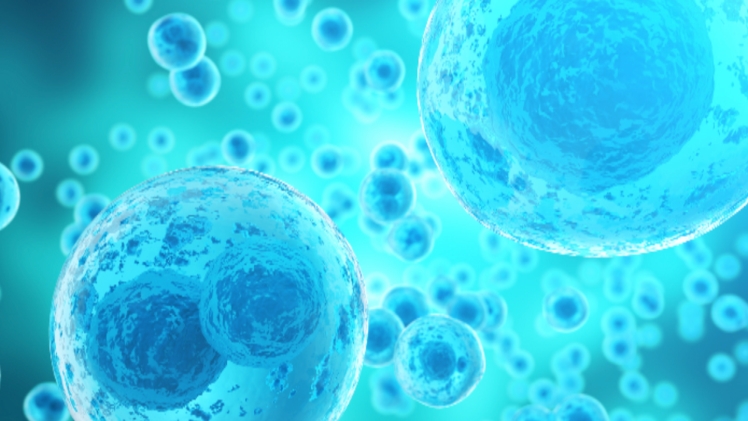The innovative therapies made possible with regenerative medicine, also known as stem cell therapy, offer the potential for treating many different conditions–from osteoarthritis to brain injuries. Stem cell therapies have the potential to help prevent or manage conditions with their regenerative abilities.
Rather than only addressing surface-level symptoms, stem cell therapy encourages the body’s natural healing systems. Stem cells are a type of regenerative medicine that may allow the body to grow new healthy tissue.
Determining the Effectiveness of Stem Cell Treatments
Stem cell therapies are relatively new. Researchers are still exploring the capabilities of mesenchymal stem cells in treating certain conditions. Because these treatment approaches are non-traditional, some patients wonder about their effectiveness. Several factors contribute to the effectiveness of stem cell therapies in particular cases.
Injury Severity
Many patients have reported improvements seen by treating their injuries with stem cells. But the severity of the injury does influence the efficacy of these therapies. For instance, stem cells are often used to treat ACL tears. If a patient’s ACL damage is only partial, it will be easier to heal than a full tear.
Stem cells, like other medical modalities, respond to the severity of the injury. Stem cells may still be effective in treating a severe injury, but the patient may need additional therapy over a longer period.
Age of the Patient
Stem cells are a type of simple tissue cell that works in two different ways. First, stem cells have the potential to transform into many other types of cells. This can encourage healing in damaged tissue.
Second, stem cells encourage the healthy cells around them to grow and multiply. Patients of advanced age will have fewer healthy cells at the time of treatment. Stem cell therapies can still be useful for older individuals, but more treatments may be necessary.
Lifestyle Choices
The patient’s lifestyle may also be an impact in the effectiveness of stem cell treatments. Those who consume excessive amounts of alcoholic beverages or smoke tobacco may find stem cell treatments to be less effective.
In part, this is because alcohol and tobacco harm your cells. So, the health of the patient’s cells can influence the healing potential of stem cell treatments. Also, smoking and drinking both inhibit the healing processes of the body and lead to inflammation.
These are only a few of the factors that influence the effectiveness of stem cell therapies but for many seeking an alternative option in managing their condition or overall wellness, stem cell therapy may offer an opportunity for one to explore.
This post was written by a medical professional at Stemedix Inc. At Stemedix we provide access to Regenerative Medicine. Regenerative medicine has the natural potential to help improve symptoms sometimes lost from the progression of many conditions.

